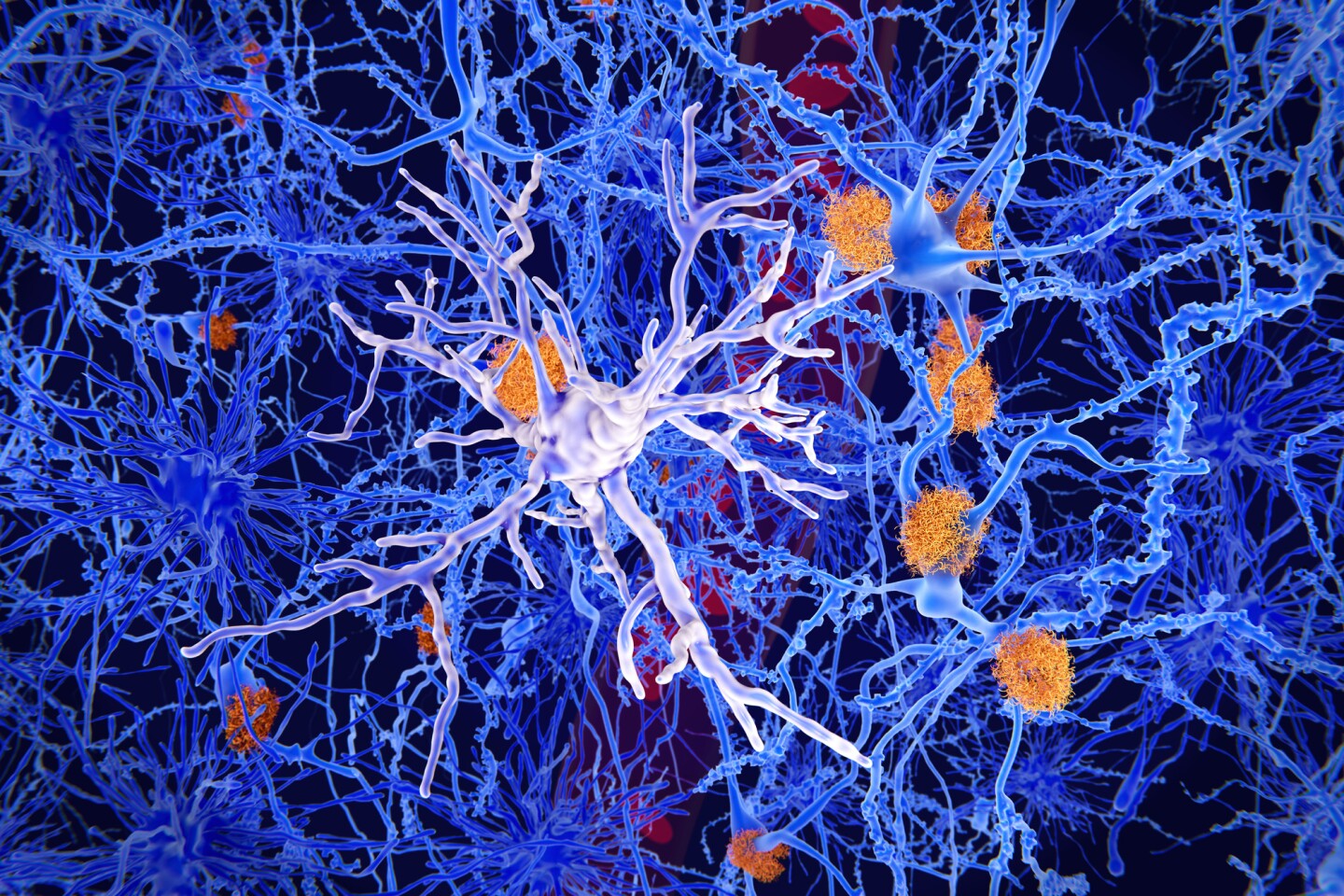Inflammation or infection: The debate over COVID’s effect on the brain
Perhaps one of the most persistent debates around COVID has been the reason behind the disease’s neurological symptoms. Ever since SARS-CoV-2 emerged in late 2019 the virus has been known for its novel effects on the brain: Extreme fatigue, cognitive a… Continue reading Inflammation or infection: The debate over COVID’s effect on the brain



